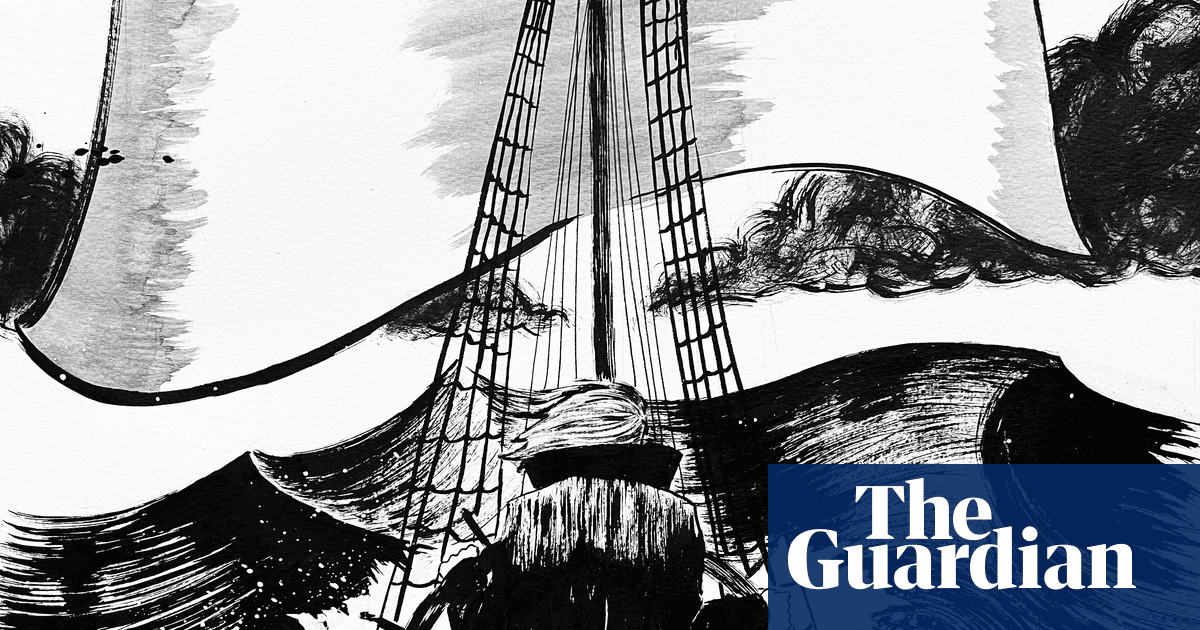
"I must down to the seas again, to the lonely sea and the sky, And all I ask is a tall ship, and a star to steer her by."
"I must down to the seas again, for the call of the running tide Is a wild call and a clear call that may not be denied."
"I must down to the seas again to the vagrant gypsy life, To the gull's way and the whale's way where the wind's like a whetted knife."
"Errington has re-printed the poem as it appeared in Masefield's first collection, Salt Water Ballads, 1902, where the word go is also omitted."
'Sea-Fever' vividly captures an intense yearning for the sea and its adventures, conveying a desire for freedom and connection with nature. The poet seeks not only a ship and guidance from stars but also the simple joys of life at sea, such as companionship and tranquility after a journey. The re-examination of Masefield's work shows that familiar poems can reveal new insights, reflecting on the poet's use of dialect and themes of mortality. The poem remains timeless and relevant in discussions of poetry.
Read at www.theguardian.com
Unable to calculate read time
Collection
[
|
...
]